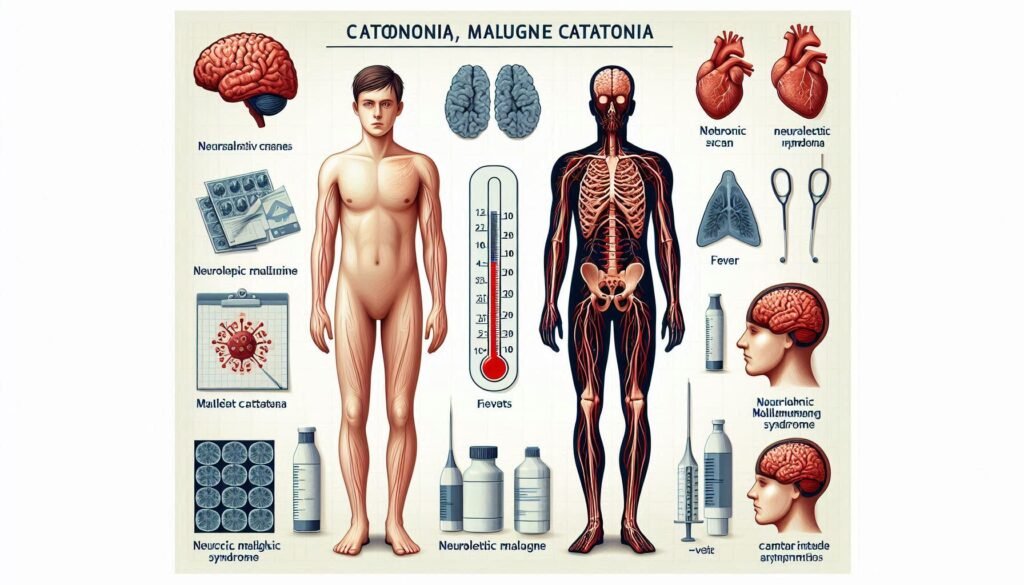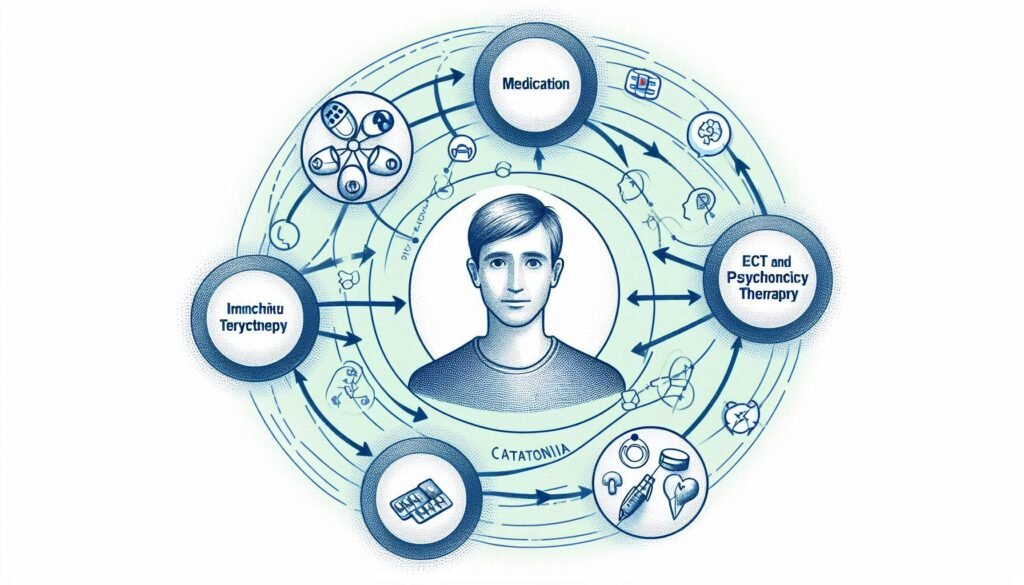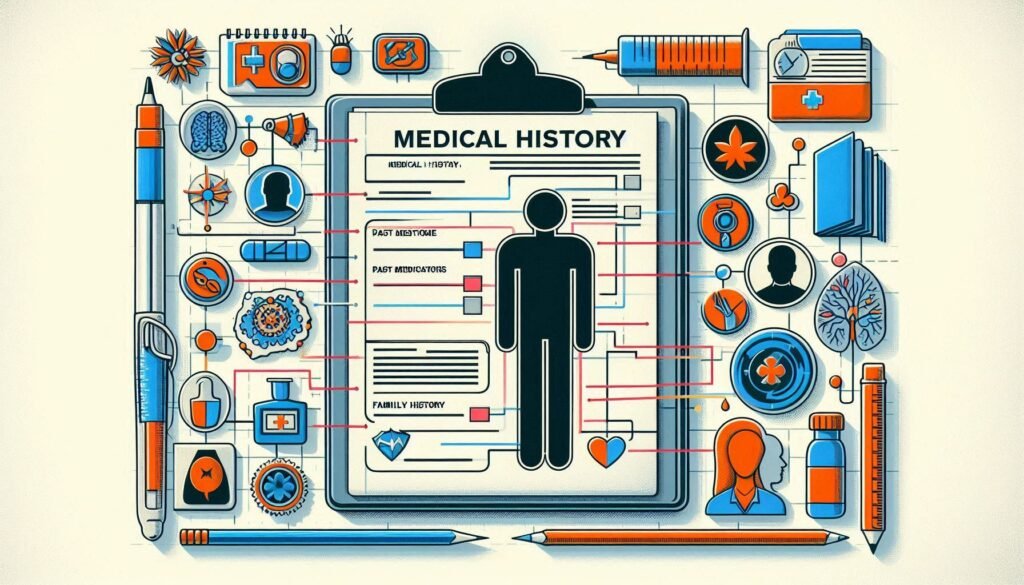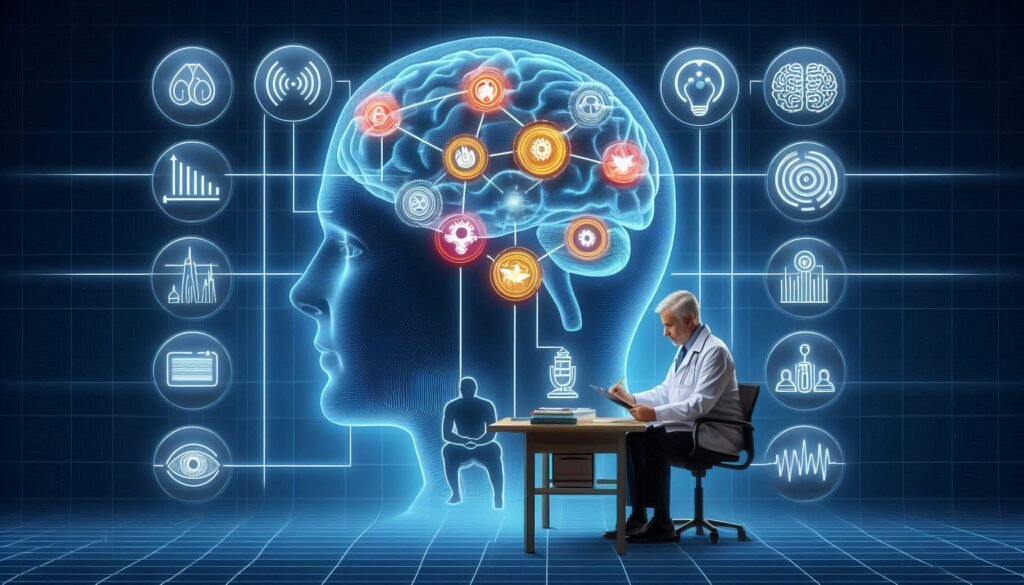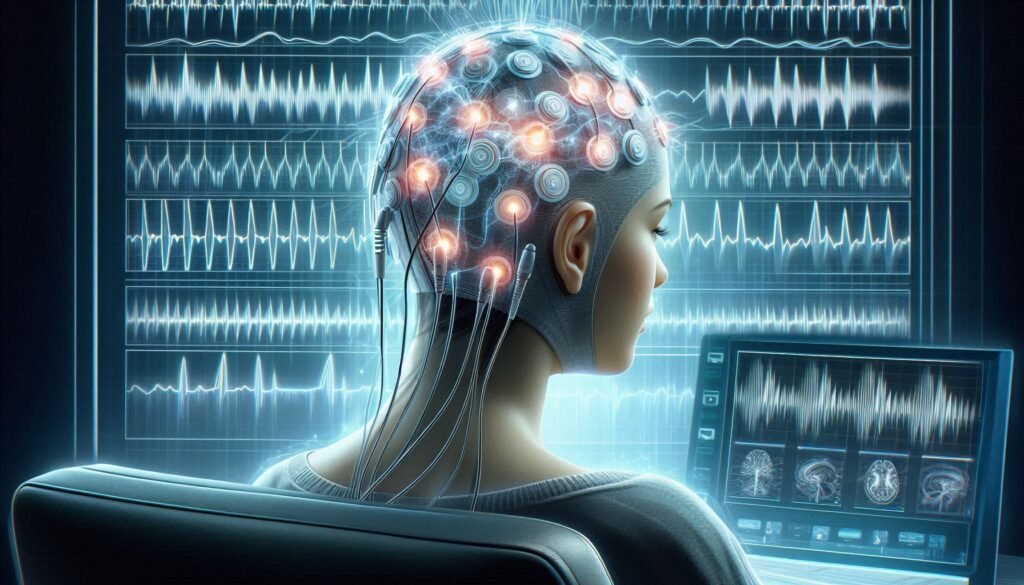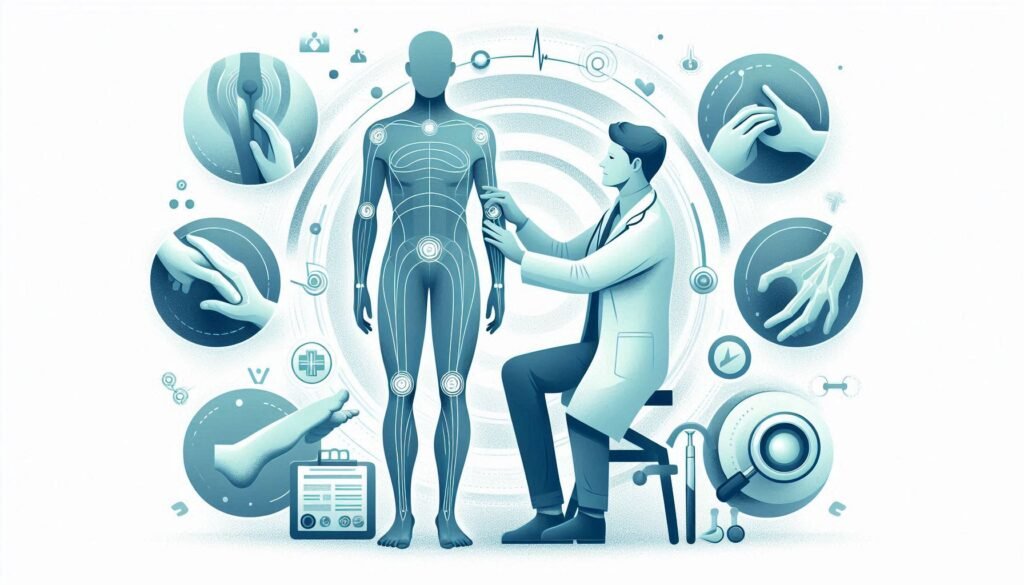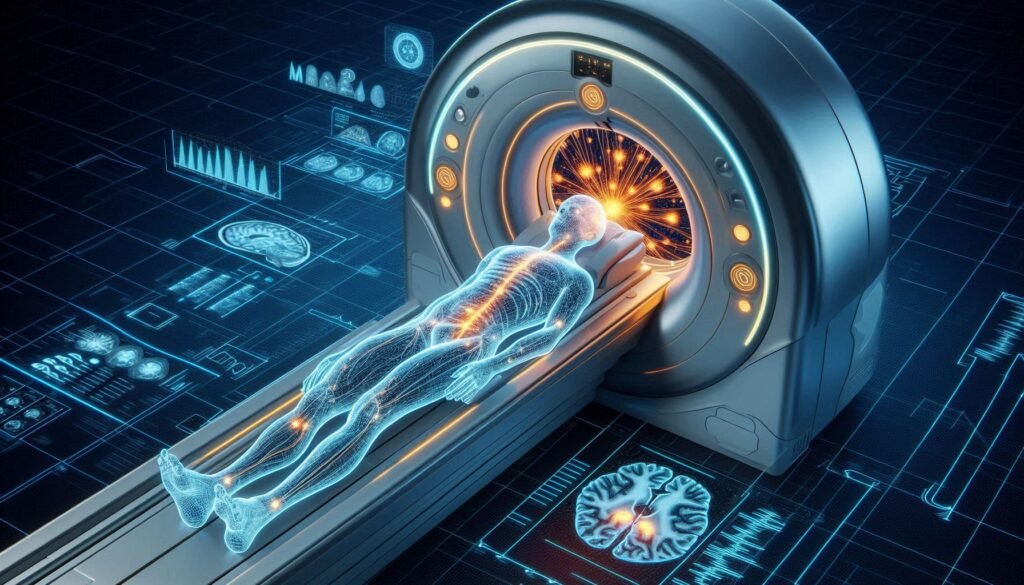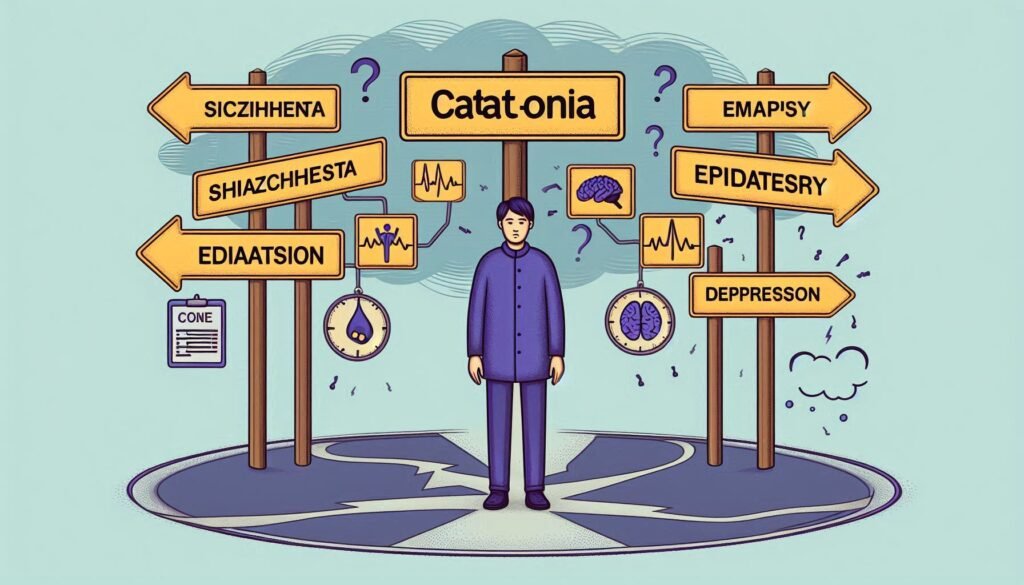Life-Threatening Lookalikes: Distinguishing Malignant Catatonia from Neuroleptic Malignant Syndrome
When it comes to severe psychiatric conditions, two disorders often create confusion due to their overlapping symptoms: Malignant Catatonia (MC) and Neuroleptic Malignant Syndrome (NMS). Both can present as life-threatening emergencies, making accurate diagnosis crucial. Misidentifying one for the other could have dire consequences for patient care. The clinical worlds of MC and NMS are […]

